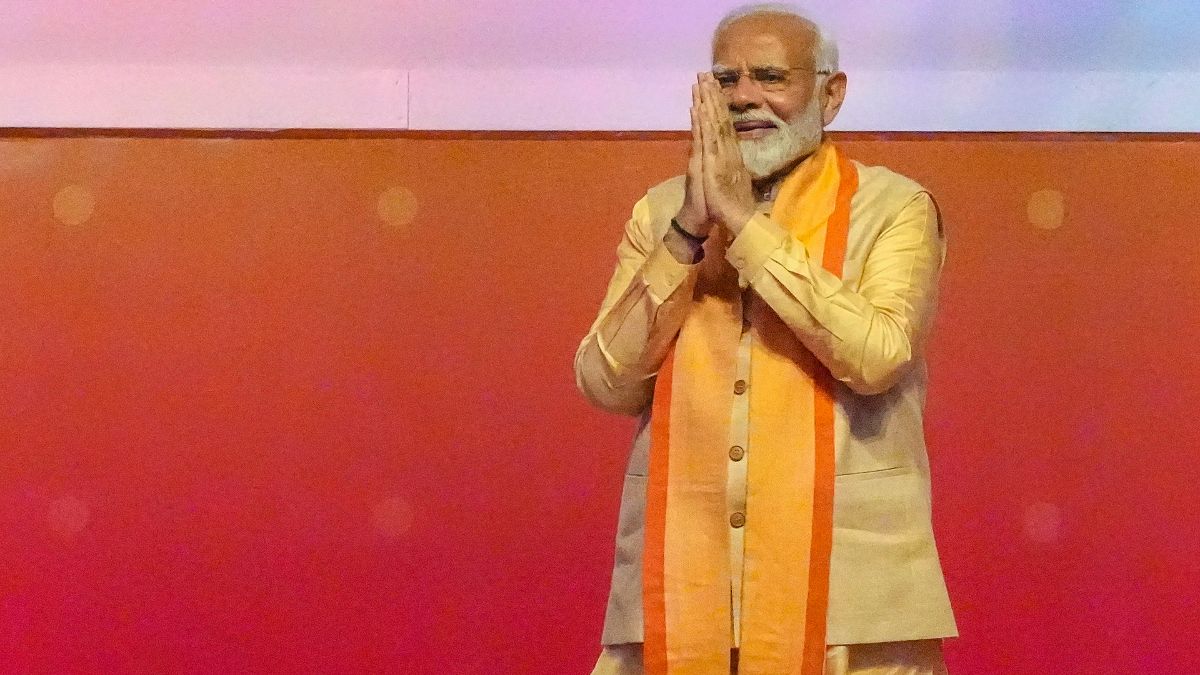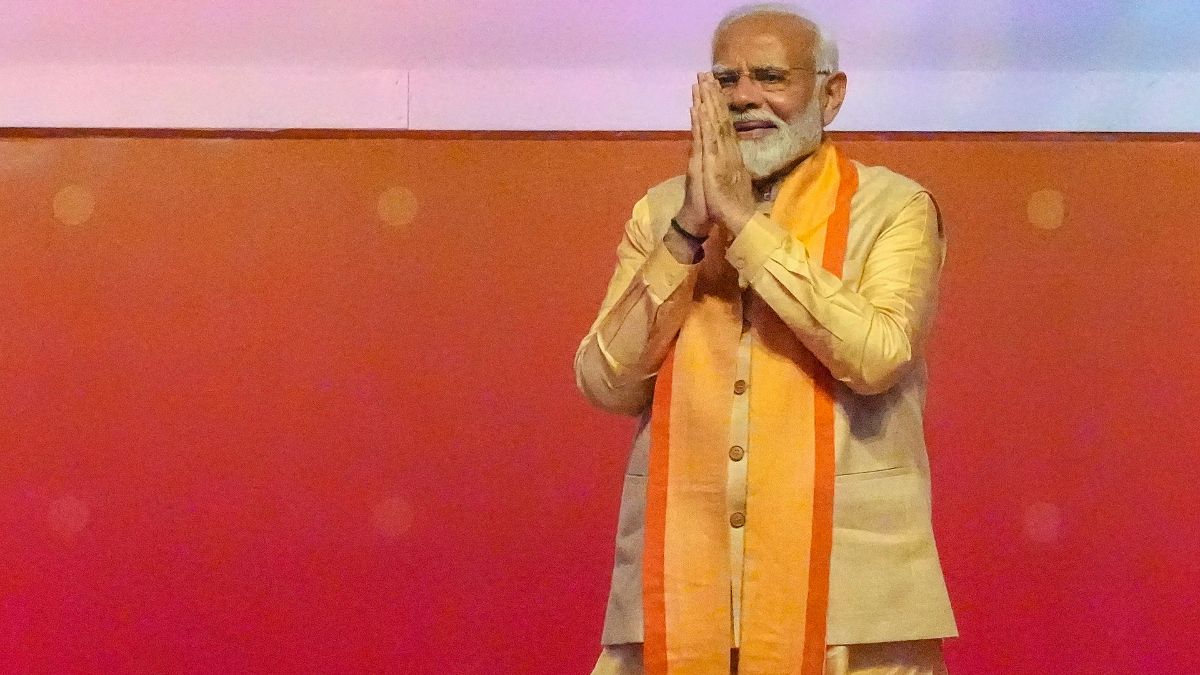By Vivek Avasthi
For 240 million people living in the states of Uttar Pradesh and Uttaranchal, the law of the land differs from the rest of the country when it comes to anticipatory bail. You can neither apply for it, nor is it granted. It may sound strange but there is no provision for anticipatory bail in these two states.
It was in 1975 that General Emergency was imposed in India by the Indira Gandhi government. The ongoing Jai Prakash Narayan movement was the root cause of this. Uttar Pradesh witnessed most unrest and anti-Emergency and anti-Congress protests during this period. In 1976, article 438 of the Criminal Procedure Code (Cr Pc) was withdrawn through an act. With it, went the provision of anticipatory bail.
It has been a good 38 years since then, but the law is still in force in Uttar Pradesh and also Uttaranchal — which came to be in 2010 when it was carved out of UP, and follows the same laws as the mother state.
Legal experts say this is a clear contradiction to Article 21 of the Indian Constitution which talks of protection of life and personal liberty. It says that “no person shall be deprived of his life or personal liberty except according to the procedure established by law”.
Thousands of people in both states have suffered because of the non-availability of anticipatory bail. In the case of registration of a criminal case with non-bailable sections of the IPC, a person has only one option to save himself from arrest — move the High Court at once. While a resident of UP has to rush to Allahabad High Court or the Lucknow Bench of the court, a person from Uttaranchal has to move Nainital High Court to get a stay on arrest under section 482 of the Code of Criminal Procedure (CrPC).
A majority of people in both the states neither have the resources, nor the right contacts to get such relief. Those who can afford it have to travel long distances and spend a lot of money in the process. This also increases the load on High Courts of the two states. A contributing factor to the overcrowding of jails could also be the non-availability of anticipatory bail in UP and Uttaranchal.
A practicing advocate of the Supreme Court, Sanjeev Bhatnagar moved a PIL in the Supreme Court this year saying that the provision of anticipatory bail should be applicable in Uttar Pradesh and Uttaranchal, just as in the rest of the country. His petition stated that Articles 14 and 15 of the Indian Constitution provide the fundamental right of equality and no discrimination, whereas the Preamble of the Constitution of India prominently considers Justice, Liberty, Equality and Fraternity as prime features. In other words, the soul of the Constitution lies in the Preamble.
Bhatnagar says that the Supreme Court also included Uttaranchal in this case and on 13 July, 2015, issued notices to the UP and Uttaranchal governments. The last hearing of the case was conducted on 17 August when the UP government asked for four weeks to file its report. Four weeks have passed, but neither government has filed a reply yet.
Asked what prompted him to file a PIL in the Supreme Court, Bhatnagar says that he started practicing law from his home town of Bijnore, UP. Over the years, he saw numerous people suffering because of this inequality of law in the country. He cites an old case of murder in which five persons were accused and arrested. This included two government servants who were also sent to jail, and lost their jobs.
Later, only one person was held guilty by the court and the rest — including two government servants who had lost their jobs in the process — were acquitted. The police, in its final report stated that there was no evidence found against the four accused. Had the provision of anticipatory bail applied, the four innocents would not have had to go to jail or had lost their government jobs. Is their any compensation for such people, asks Bhatnagar.
It was in 2010, when Mayawati was the chief minister of Uttar Pradesh, that the government, through a cabinet decision, approved the reintroduction of the provision of anticipatory bail. The state Assembly also approved the proposal, but the consent of the President of India was not obtained and the matter was left hanging, and eventually forgotten.


)




)
)
)
)
)
)
)
)